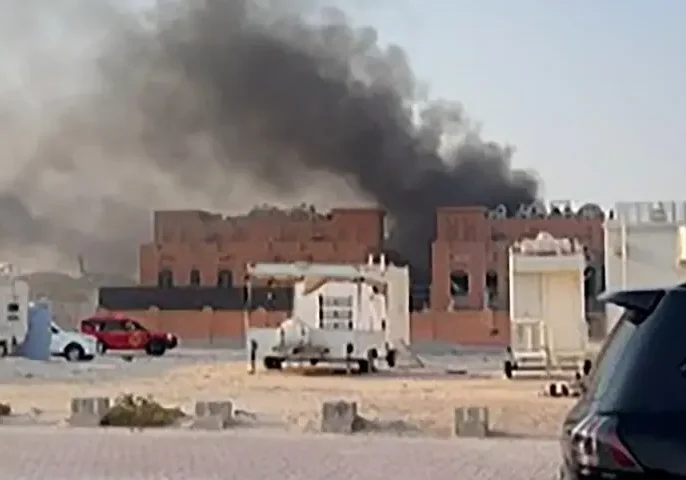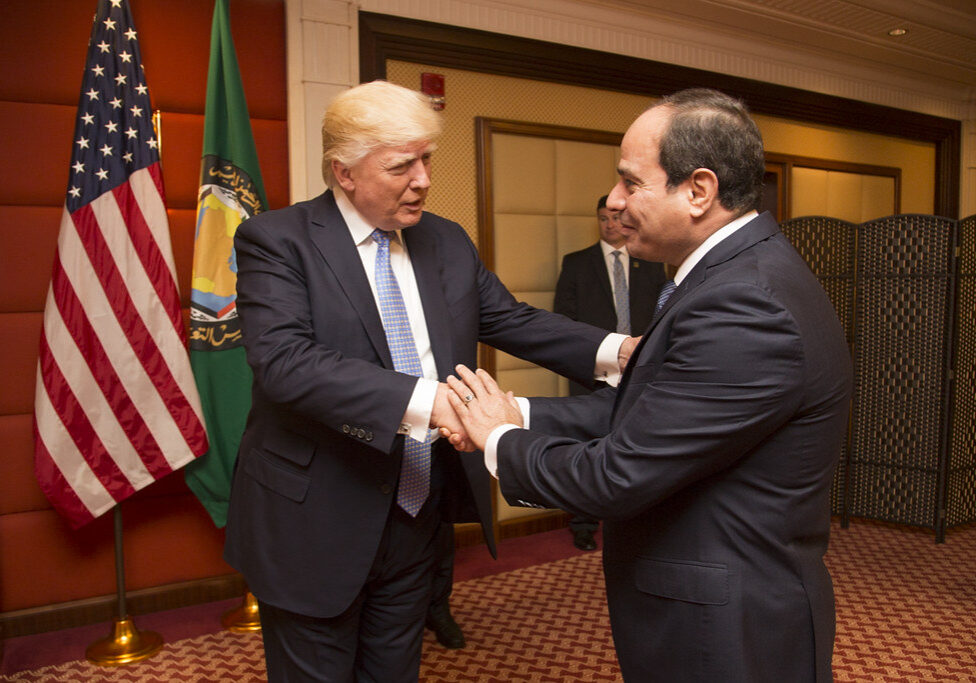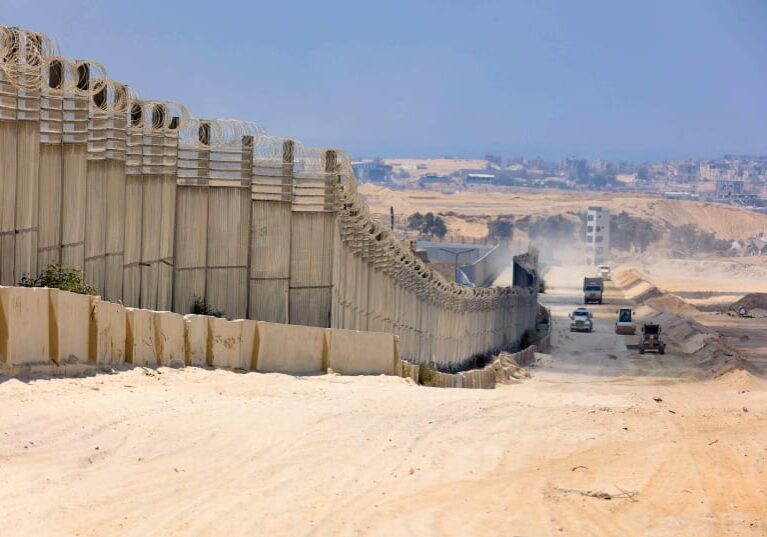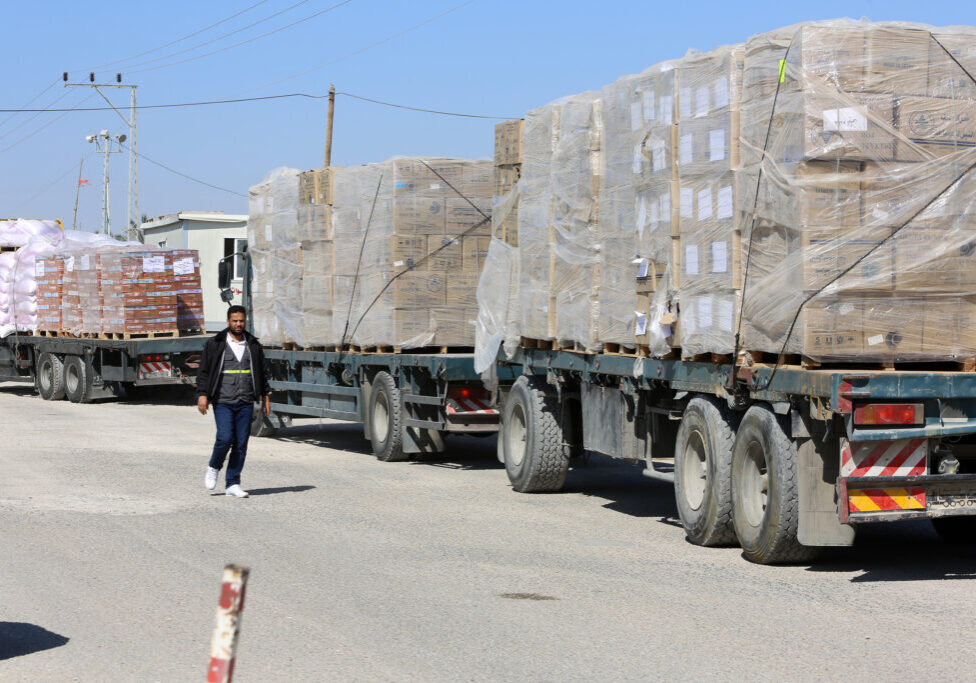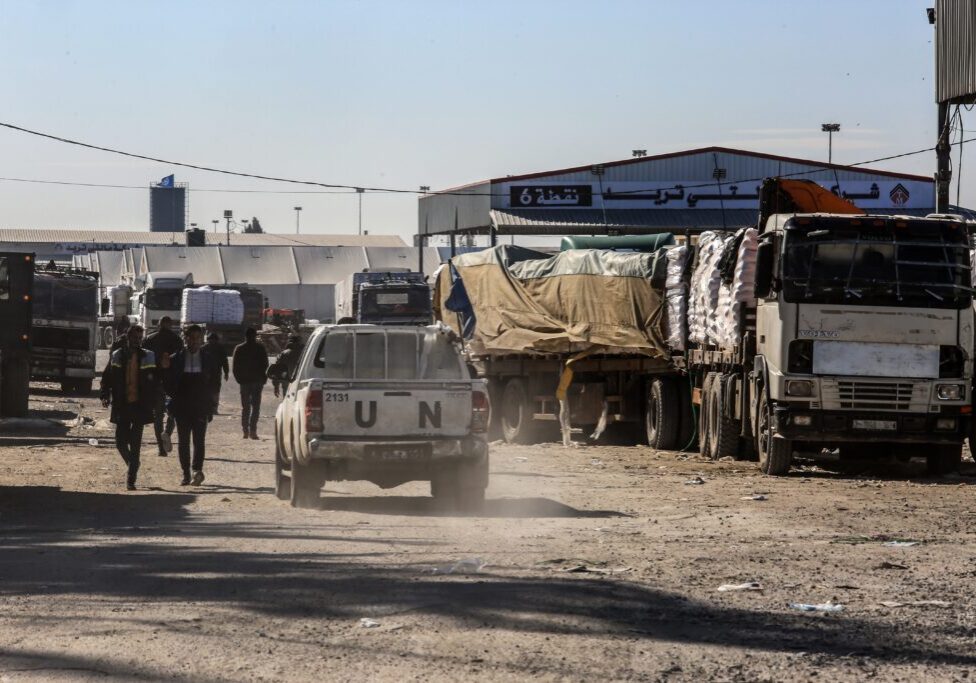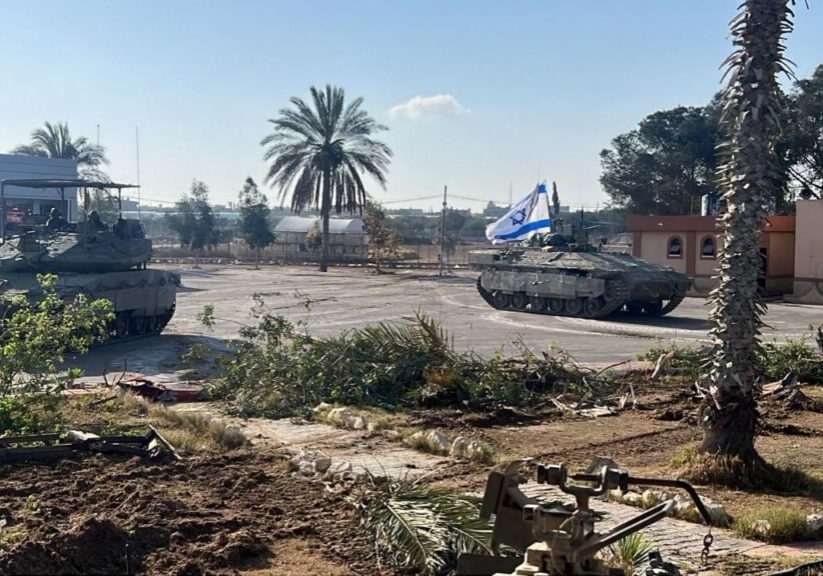Australia/Israel Review
Jerusalem’s Cairo Conundrum
Mar 25, 2013 | Yehonathan Tommer
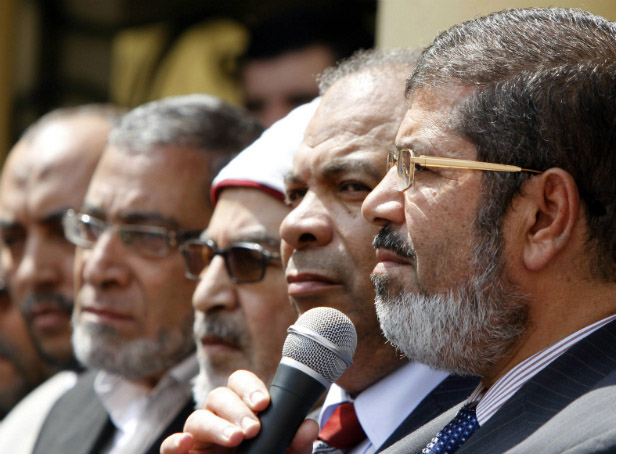
Yehonathan Tommer
Egypt’s continuing revolutionary turmoil cannot disguise the fact that its people face a fateful crossroads between a creeping oppressive theocracy, descent into abysmal poverty and the return of a military junta.
However, Israeli government sources closely monitoring the drama believe that post-Mubarak Egypt is unlikely to become an Islamic theocracy. Egypt is not Iran by any parameter, they say, and they expect it will remain heavily dependent on American foreign aid. Meanwhile, they assess that its governing Islamist Freedom and Justice Party (FJP) coalition, which for the present must rule in a multi-party parliamentary system, will bend to pressure from Washington to honour Egypt’s 30-year-old peace treaty with Israel against party demands for its annulment.
However, despite these assessments, uncertainty remains rife, and none of the other alternatives offering much more problematic paths can be dismissed, especially in the medium and longer term.
Islamic agenda on the back burner
Egypt’s ruling minority Freedom and Justice Party (FJP), representing the original Islamist organisation – the Muslim Brotherhood, founded in 1928 – continues to advocate for a theocratic state in Egypt. The government of President Mohammed Morsi looks likely to survive the recent rounds of anti-government demonstrations fanned by inexperienced opposition parties after January’s referendum approved a new constitution enshrining Islamic law and restrictions covering a range of civil and human rights.
Tel Aviv University Professor Shimon Shamir, Israel’s first Ambassador to Egypt in the 1980s, told the AIR that the FJP and its coalition partners will need to consolidate their parliamentary strength before Egyptian President Mohammed Morsi can start to seriously implement his party’s Islamic agenda. “Morsi is a pragmatist. If he survives Egypt’s uncertain future and holds his impatient hardliners at bay, he may gradually navigate his country towards, perhaps, a Turkish version of Islamic society,” Shamir said.
“Like Mubarak, Morsi conducts a nationalist Egyptian foreign policy. Egypt is the largest Sunni Arab country, yet depends on support from Saudi Arabia and the Gulf states. Morsi cannot ignore Iran, yet his rapprochement with the Islamist Shia regional power is presently a formal one until domestic restraints allow him to make strategic changes,” Shamir said.
“Political realities force Morsi into adopting pragmatic policies toward Israel and the Palestinians which makes it difficult for him to reconcile his Islamic ideology for the annihilation of Israel with a two-state solution accepting Israel as a Jewish state exercising sovereignty over a part of former mandated Palestine,” Shamir said.
Uncertainty about Egypt’s future course means that Israeli decision makers must prepare for the day when conditions allow Morsi or his successors in the FJP to annul Egypt’s peace treaty with Israel, the experts consulted noted.
“The situation is bad and there is not much Israel can do,” Professor Uzi Arad, a former Netanyahu adviser, told a television interviewer recently.
“Mixed and fragile ties”
Since the revolution two years ago, Israel’s relationship with Egypt has been more mixed and fragile than at any time during the Mubarak era. An embassy temporarily functions inside the Ambassador’s residence after the regular Embassy premises were destroyed and ransacked by rioting masses. Both countries recalled their ambassadors at the start of the IDF’s Operation “Pillar of Defence” to curb missile attacks from the Gaza Strip into last November. Two weeks later, after it had ended, Israeli Ambassador Yaacov Amitai and his Egyptian counterpart Atef Mohamed Salem returned to their posts in Cairo and Tel Aviv respectively.
“The civilian leadership snubs Israel and no dialogue has been established with Morsi or his presidential advisers,” says an Israeli government source speaking on condition of anonymity. “Nor has any meaningful parliamentary or political dialogue been developed with Egypt’s emergent religious and secular opposition parties.”
On the other hand, the IDF’s good working relationship with the Egyptian military has survived the revolutionary upheavals of January 2011, the source confirmed. Ties continue on a personal level in all security matters relating to border crossings, inspection and control along the Sinai border and the Gaza crossing to Egyptian Rafah.
After the US extracted an Egyptian government undertaking to reaffirm a commitment to its peace treaty with Israel, the two countries agree that it is in their national interests to maintain and service that agreement.
Prime Minister Binyamin Netanyahu and outgoing Defence Minister Ehud Barak quietly agreed from time to time to permit Egyptian reinforcements of arms and manpower to enter the Sinai demilitarised zones specified in the military annex to the Israeli-Egyptian treaty of 1979 in order to help police the region’s Bedouin arms smugglers, Islamic jihadist groups, as well as drug and human traffickers.
This followed a series of cross border terrorist attacks in August 2012 in which 16 Egyptian soldiers were killed by a Palestinian jihadist terrorist cell at the Israel Gaza border, and – a month later – in which one Israeli soldier and three terrorists were killed in a clash at the Sinai border in southern Israel.
Egypt is now paying the price for its failure over the years to create legitimate sources of industry and employment for Sinai’s 350,000 Bedouin residents.
Egypt has not recovered control of the Sinai Peninsula, which remains a potential extremist Islamic terrorist enclave for staging cross-border attacks against Israel.
Further, to date, the Egyptian army has not done much to Bedouin traffickers in drugs and prostitution, or dismantled Bedouin camps where illegal African migrants are imprisoned and brutally tortured and raped while ransom is demanded of their families for sums of between $30,000 and $60,000 in payment for their release.
For Israel, these threats have been reduced thanks to the 240-km long security fence Israel is building with Egypt’s tacit consent along their Sinai and Negev border.
Moreover, the Egyptian Army is doing more than it has in the past to intercept and seize contraband arms smuggled from Libya and Sudan, via Sinai, to Hamas in Gaza, Israeli authorities say.
“Failed state status” hovers over Egypt
Any optimism for Egypt’s democratic future, however, is constrained by mounting concern in Jerusalem, Washington and European capitals over Egypt’s ability in coming years to feed its growing population of close to 90 million. Its stagnant economy and social discontent over unfulfilled reforms have sparked unrest in all the big cities (Cairo, Alexandria, Suez and Ismailia), exploding in violent mass clashes with the once-feared, but now much-scorned, security police.
With parliamentary opposition to the Islamist government growing across a diverse spectrum of new political parties, the country may be sliding dangerously toward the brink of “failed state status,” say senior Israeli government officials, who warn such an outcome is likely unless the international community acts to bail out Egypt’s $30 billion foreign debt. They also point to a growing wave of emigration by young, educated Egyptians unable to find jobs at home and raise families.
An army coup remains a possibility, Israeli government sources note.
“There are no signs yet of Egypt sliding into total chaos that would embolden the military to declare a state of emergency,” says an Israeli government source. “[The military] have been constitutionally and politically marginalised following Mubarak’s fall. Top army generals are standing in the wings, alert and ready to intervene to quell possible riots forcing the closure of the Suez Canal – a key income earner in the transit of goods – and to protect vital Egyptian military and security interests,” the source notes.
Tags: Egypt

